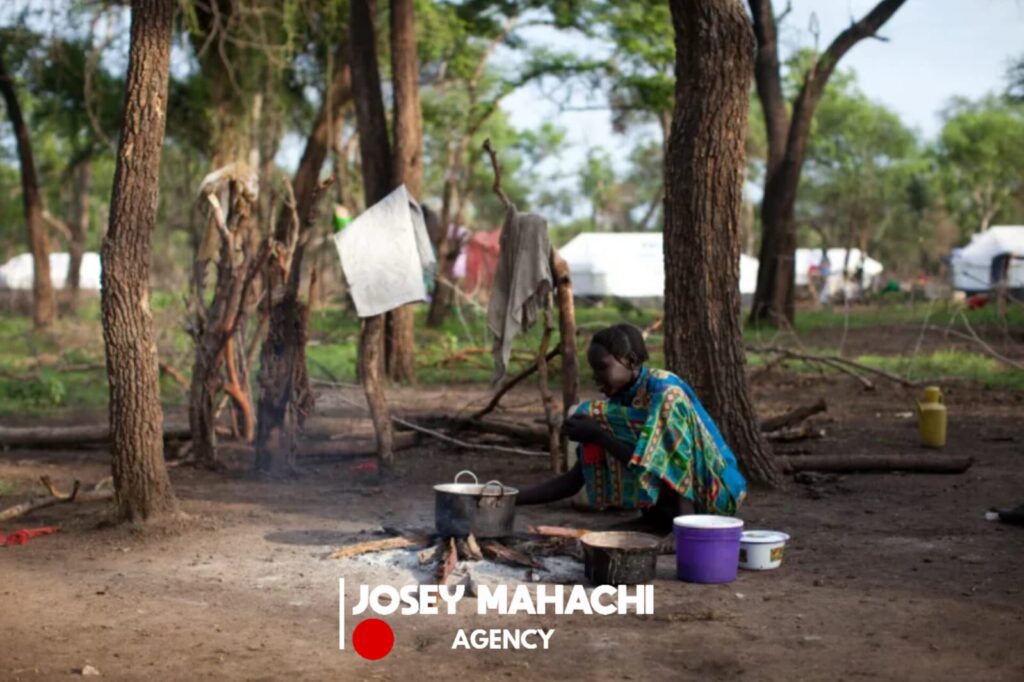By : Lloyd Mahachi
South Sudan is facing a very serious food problem that affects millions of people. Almost 60% of the population, about 7.7 million people, will not have enough food next year. Many children, over 2 million, are at risk of not getting enough nutrients, which can lead to serious health problems. Floods and war have made it hard for people to grow and get food, causing widespread hunger.
The United Nations looked at the situation and said it was very bad. Starting in April, 57% of people will be in danger because they don’t have enough food. This means their lives and livelihoods are at risk, and they will struggle to survive. The places with the most food problems are those affected by climate change, fighting, and insecurity. These areas are often remote and hard to reach, making it difficult for aid organizations to provide help.
War is the main reason people are hungry in South Sudan. Climate change and high food prices also make things worse. The country has had many floods, violence, and high prices, leading to record levels of hunger. Organizations like the U.N. World Food Programme are helping by giving food and teaching people how to grow food. They provide emergency aid and work on long-term solutions to address the root causes of hunger.
Last year, the U.N. helped over 5 million people in South Sudan with food and nutrition. They also taught farmers how to grow food that can survive floods. This helps people be stronger against climate change and provides them with a steady food supply. Additionally, the U.N. supports local markets and economies, helping communities recover from the crisis.
The world needs to help South Sudan. Many people are suffering, and we need to work together to solve the problem. We need to find ways to stop people from being hungry and make sure they have a better future. This requires immediate action and long-term commitment from governments, organizations, and individuals. By working together, we can make a difference and help the people of South Sudan overcome this crisis.
The situation in South Sudan is complex and requires a multifaceted approach. The international community must provide emergency aid, support local economies, and work towards peace and stability. Only then can the people of South Sudan build a brighter future for themselves and their children. The world must act now to prevent further suffering and ensure that everyone has access to nutritious food.
Editor : Josephine Mahachi

